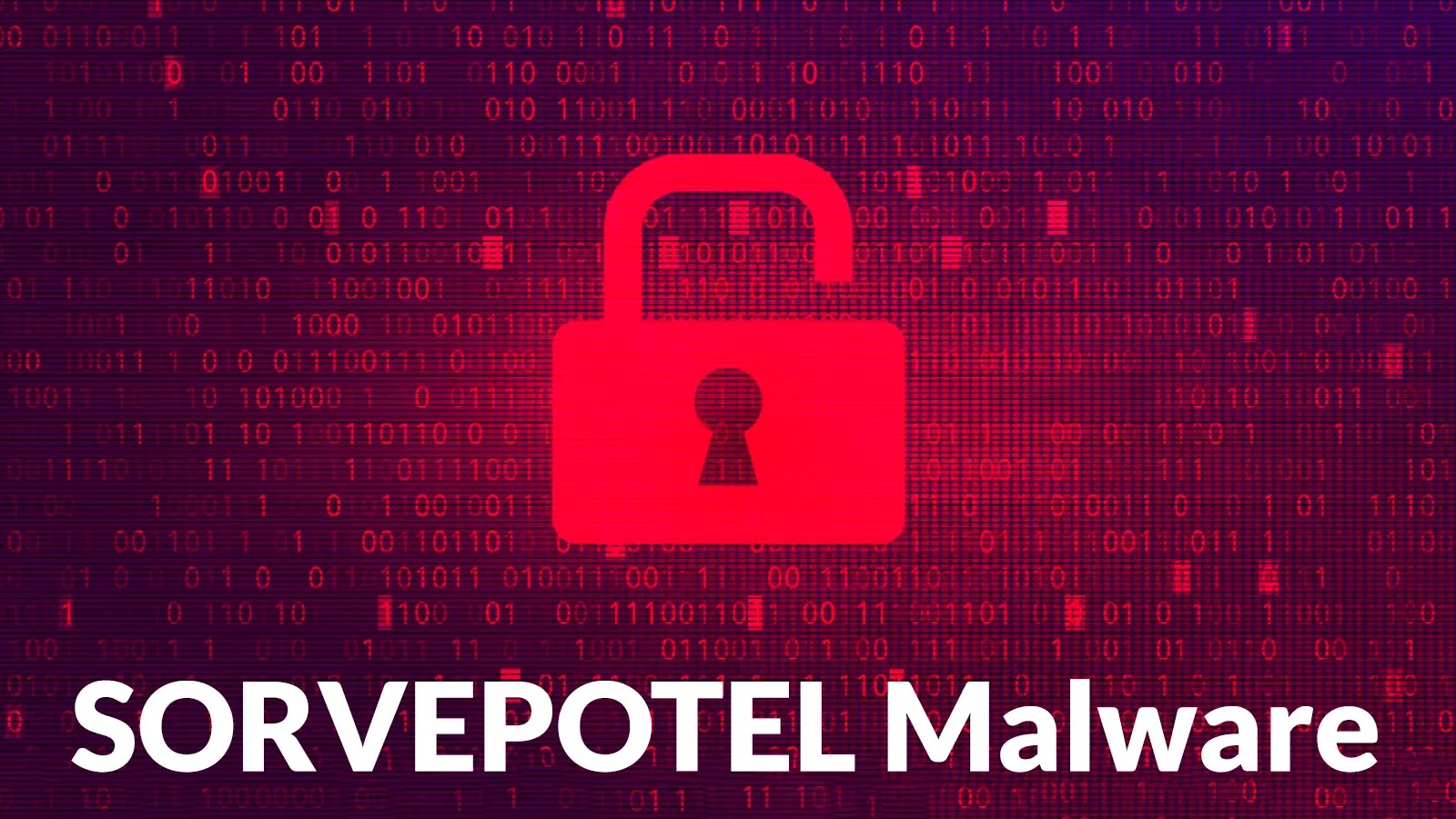
Threat Actors Leveraging WhatsApp Messages to Attack Windows Systems With SORVEPOTEL Malware
Enterprise networks worldwide are currently grappling with a potent and rapidly spreading threat: the SORVEPOTEL malware. This self-propagating campaign is particularly insidious due to its clever leveraging of a ubiquitous communication platform – WhatsApp – as its primary vector for attack. First identified in early September 2025 by security researchers, the malware initially targeted organizations in Brazil, but its reach is quickly expanding globally. Understanding SORVEPOTEL’s mechanics and implementing robust defenses is critical for safeguarding your organization’s digital assets.
The SORVEPOTEL Threat: A Deep Dive
The SORVEPOTEL malware campaign distinguishes itself through its sophisticated social engineering tactics and propagation method. Threat actors initiate the attack by sending highly convincing phishing messages via WhatsApp. These messages are crafted to entice recipients into opening malicious ZIP attachments. Once a user executes the contents of this ZIP file, SORVEPOTEL begins its multi-stage attack.
Initially, SORVEPOTEL establishes a persistent foothold on the compromised Windows system. While specific details regarding its initial compromise and privilege escalation remain under analysis, its subsequent actions are concerning. The malware is designed not only to compromise the host system but also to specifically target and hijack active WhatsApp sessions. This allows it to exploit the trusted communication channel of the victim to further propagate itself by sending similar malicious messages to the victim’s contacts, creating a dangerous self-sustaining loop.
Modus Operandi: How SORVEPOTEL Spreads
The core of SORVEPOTEL’s propagation strategy lies in its ability to weaponize legitimate communication channels. Here’s a breakdown of its attack chain:
- Initial Phishing: Malicious actors send carefully crafted phishing messages through WhatsApp, often impersonating legitimate entities or contacts to build trust.
- Malicious Attachment: These messages contain ZIP archive attachments. The file names within these archives are typically designed to appear innocuous or urgent, such as “Invoice.zip” or “Urgent_Document.zip.”
- Execution and Infection: Upon extraction and execution of the malicious file within the ZIP, the SORVEPOTEL malware infiltrates the Windows system.
- System Compromise: It establishes persistence mechanisms, allowing it to survive reboots and maintain control over the compromised machine.
- WhatsApp Hijacking: Crucially, SORVEPOTEL identifies and hijacks active WhatsApp sessions on the infected system. This gives it access to the victim’s contact list and the ability to send messages in the victim’s name.
- Self-Propagation: The malware then leverages the compromised WhatsApp account to send out new phishing messages containing its malicious ZIP attachment to the victim’s contacts, initiating new infection cycles.
Remediation Actions and Prevention
Defending against advanced threats like SORVEPOTEL requires a multi-layered approach. Organizations and individual users must be vigilant and proactive in their cybersecurity posture.
- Employee Training and Awareness: Conduct regular training sessions on identifying phishing attempts, especially those arriving via chat applications. Emphasize the dangers of opening unsolicited attachments, even if they appear to be from known contacts.
- Email and Messaging Security: Implement robust security solutions that scan incoming messages and attachments for malicious content. While SORVEPOTEL primarily uses WhatsApp, a strong email security gateway is still paramount for other threat vectors.
- Endpoint Detection and Response (EDR): Deploy EDR solutions on all workstations. EDR can detect anomalous behavior indicative of malware execution, even if traditional antivirus initially misses the threat.
- Antivirus/Anti-Malware: Ensure all systems have up-to-date antivirus and anti-malware software with real-time protection enabled. Regularly schedule full system scans.
- System Patching: Keep operating systems, applications, and particularly WhatsApp applications, updated with the latest security patches. This helps mitigate known vulnerabilities that malware might exploit. Users should verify application updates are from official sources.
- Principle of Least Privilege: Limit user privileges on systems. Do not allow users to operate with administrative rights unless absolutely necessary. This can restrict the malware’s ability to establish deep persistence or elevate privileges.
- Data Backup and Recovery: Regularly back up critical data to isolated locations. In the event of a successful compromise, this ensures business continuity and reduces the impact of data loss.
- Network Segmentation: Segment your network to limit the lateral movement of malware if an infection occurs. This can contain the damage and prevent rapid self-propagation across the enterprise.
- Incident Response Plan: Develop and regularly test an incident response plan to quickly identify, contain, eradicate, and recover from security incidents.
- Review WhatsApp Security Settings: Encourage users to review their WhatsApp privacy settings, such as who can add them to groups and message forwarding restrictions.
Tools for Detection and Mitigation
Leveraging the right tools can significantly enhance your defensive capabilities against SORVEPOTEL and similar threats.
| Tool Name | Purpose | Link |
|---|---|---|
| Endpoint Detection and Response (EDR) Solutions | Advanced threat detection, incident response, behavioral analysis on endpoints. | Gartner Peer Insights (EDR) |
| Threat Intelligence Platforms (TIPs) | Aggregating and analyzing threat data, including IOCs related to SORVEPOTEL. | PwC Threat Intelligence |
| Security Information and Event Management (SIEM) | Centralized logging and analysis of security events for threat correlation. | Splunk SIEM |
| Vulnerability Scanners | Identify and manage vulnerabilities in systems and applications. | Tenable Nessus |
| Next-Generation Antivirus (NGAV) | Signature-less detection, machine learning, and behavioral analysis for malware. | CrowdStrike Falcon Prevent |
Looking Ahead: The Evolving Threat Landscape
The SORVEPOTEL campaign underscores a critical trend in cybersecurity: the increasing sophistication of social engineering attacks and the exploitation of trusted communication channels. As threat actors continue to innovate, organizations must maintain constant vigilance, invest in robust security solutions, and prioritize continuous employee education. Proactive defense, coupled with a swift incident response capability, will be essential in navigating the evolving threat landscape and protecting against malware like SORVEPOTEL.





